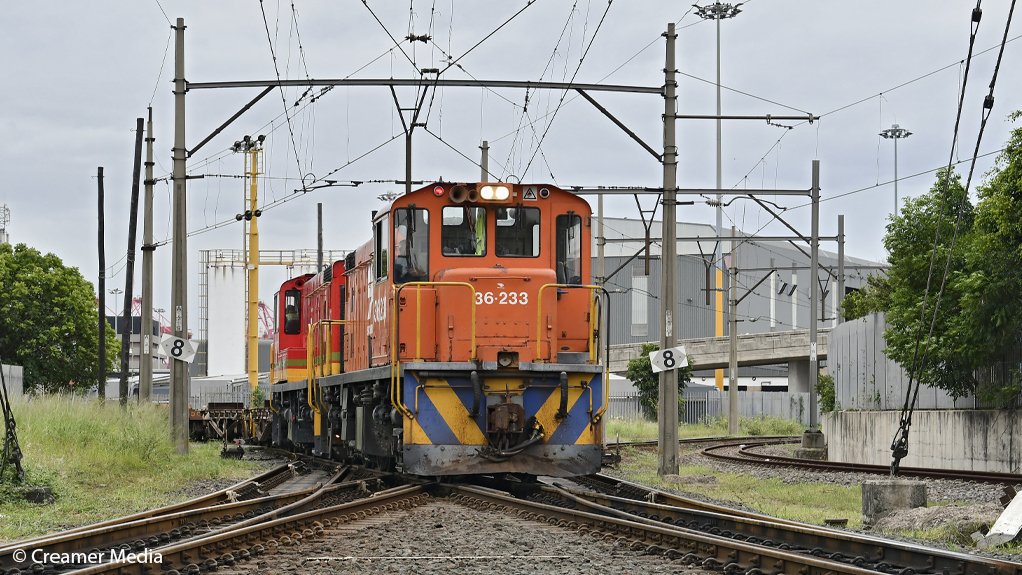By Johnathan Paoli
Western Cape premier Alan Winde has welcomed the announcement by Transport Minister Barbara Creecy to invite private sector participation in South Africa’s rail and port sectors, saying it is a long-overdue step towards economic recovery and job creation.
Creecy launched the first phase of the online Request for Information (RFI) platform on Sunday, initiating a process to assess potential private sector involvement in key logistics networks.
“This is good news for our economy and makes it easier for more businesses in our province to thrive and create more jobs for our residents. For far too long, these critical logistics sectors have been ignored and allowed to fall into disrepair and dysfunction to the detriment of South Africa’s economy,” Winde said in a statement.
The move forms part of a broader plan to reform Transnet and modernise the country’s transport infrastructure while maintaining public ownership of core assets.
Winde said the provincial government has ambitious goals under its Growth For Jobs strategy, which aimed to triple exports to R450 billion and increase private sector investment to 20% of the province’s GDP.
Given the province’s reliance on efficient logistics for trade, especially in agriculture, which accounts for 55% of South Africa’s primary agricultural exports, rail and port development is a pressing concern.
“To achieve this, we must have fully operational harbours to drive economic growth and job creation. Equally as important to our economic growth aspirations is fixing the passenger rail and freight sectors. If we can get more of our residents into trains, we can address the road traffic gridlock that is impeding our economy,” the premier said.
Western Cape agriculture, economic development and tourism MEC Ivan Meyer also praised the announcement, noting that a mere 5% increase in agricultural exports could create nearly 23,000 jobs in the region.
“This holds the potential to significantly increase exports and imports in the Western Cape, improving the region’s economic outlook and helping reverse the losses suffered by the agricultural industry over the last few years,” he said.
Mobility MEC Isaac Sileku highlighted the opportunities for shifting freight transport from road to rail.
“On average, the Northern Cape to Saldanha corridor transported 50.85 million tons of iron ore and 4.4 million tons of manganese between 2022 and 2023. This move will present immense opportunities for private investment in rail, which will drive efficiencies and spur on much-needed modal shifts,” he said.
While Winde and his administration have welcomed the RFI, they continue to advocate for the devolution of passenger rail services to regional authorities.
South Africa’s rail and port infrastructure has been plagued by theft, vandalism, under-investment and operational inefficiencies in recent years.
The decline in Transnet’s performance has forced many businesses to rely on road transport, increasing congestion and road maintenance costs.
Creecy’s proposed reforms aim to reverse these trends by integrating private investment into targeted freight corridors and port operations.
Key initiatives include improvements to the Northern Cape to Saldanha Bulk Minerals corridor, a focus on the Limpopo and Mpumalanga to Richards Bay Bulk Minerals corridor and the development of South Africa’s ports into a regional transshipment hub.
Creecy emphasised the importance of collaboration in ensuring the success of these initiatives.
“The success of these initiatives depends on effective collaboration between government entities, investors, labour unions and the broader business community. Our ability to modernise our transport sector will be critical in positioning ourselves as a competitive player in global trade,” she said.
INSIDE POLITICS

